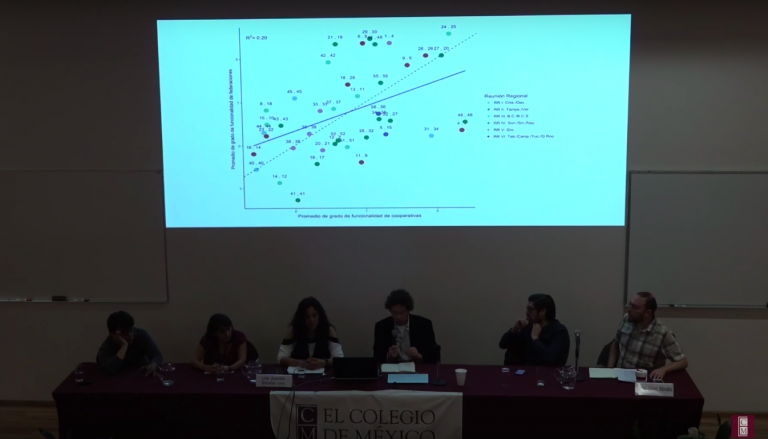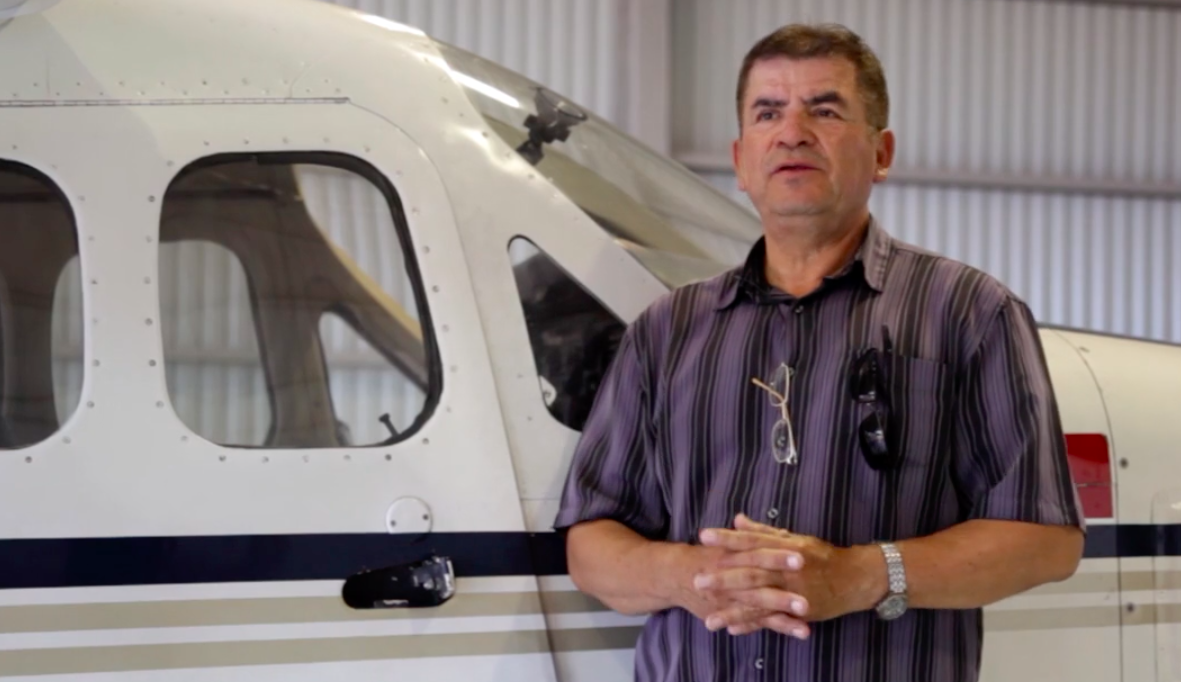2020
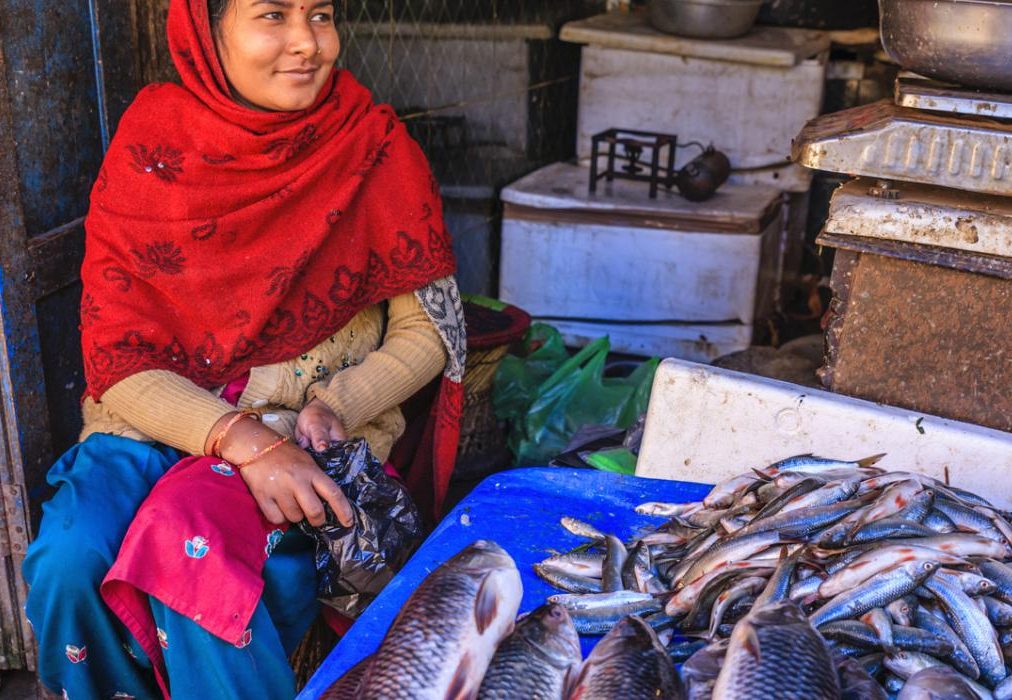
Illuminating Hidden Harvests project featured in Duke Environment Magazine
November 11, 2020
Read the latest issue of the Duke Environmental Magazine, where the Illuminating Hidden Harvests project got featured as one of five faculty stories on environmental progress.
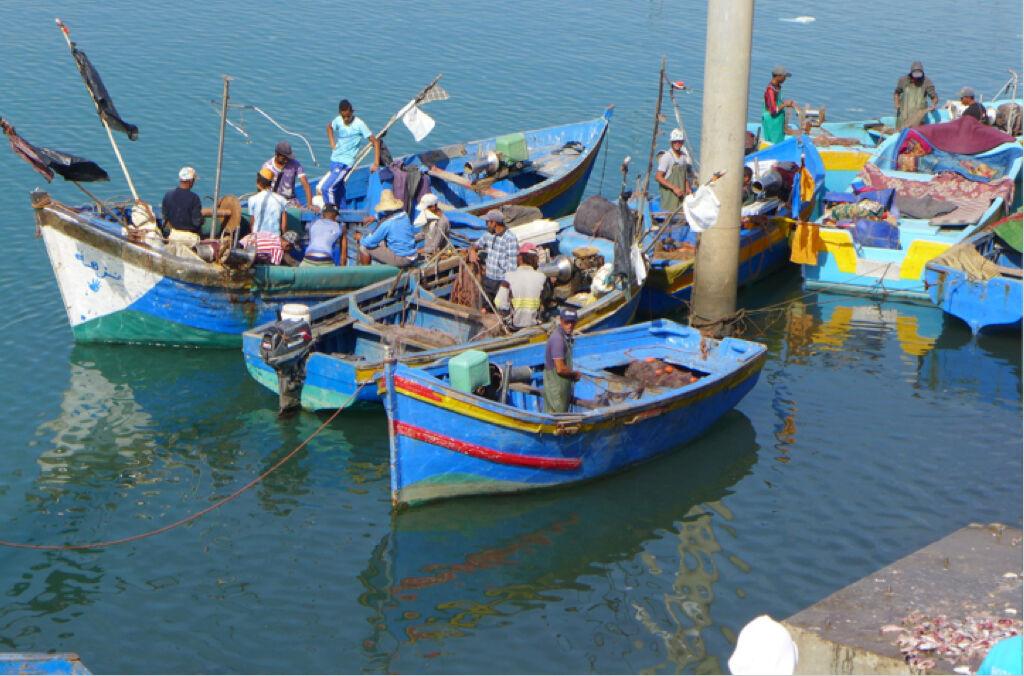
FAO and Duke University partnership featured in Carteret County’s local news
November 7, 2020
Carteret County’s New Times covered the recent announcement of a partnership between FAO and Duke University, in addition to the involvement of the Marine Lab in the Illuminating Hidden Harvests project. You can read the story here.
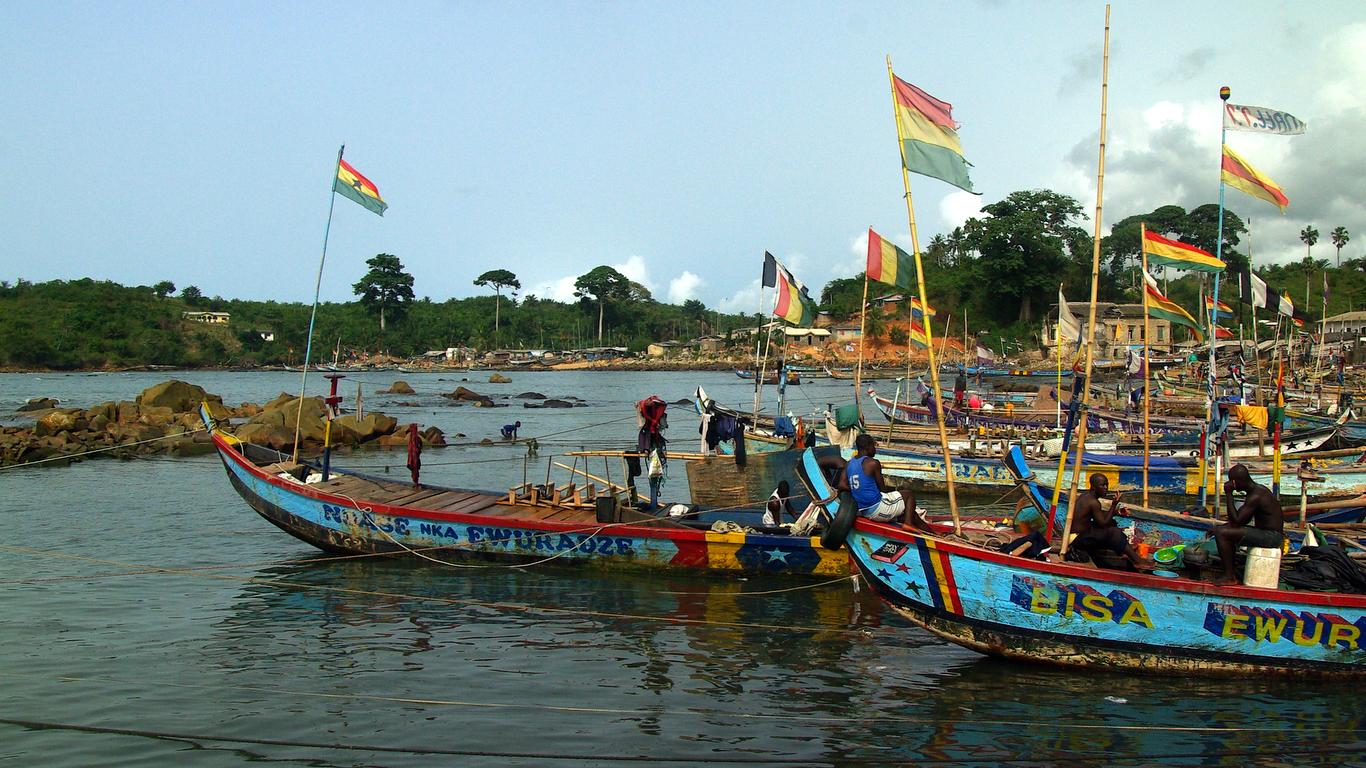
FAO and Duke University partner to promote research on small-scale fisheries
October 15, 2020
On 30 September 2020, the Food and Agriculture Organization of the United Nations (FAO) and Duke University entered into a partnership with the intention to assess and promote the role of small-scale fisheries in society and enhance their contribution to sustainable development. On October 9, the announcement of the partnership was marked by a virtual event hosted by FAO’s office in Washington, DC. This partnership will contribute not only to building a solid evidence base that can support policy makers and legislators, but also to forming the next generation of food security professionals. As Manuel Barange, Director of FAO’s Fisheries Division, noted “Combined, we will create new methodologies and be able to push this agenda in a way which would be impossible for us individually.”
A livestream of the full event can be seen here. You can also hear testimonials from students who have already benefited from collaborations between the two institutions in a video here.
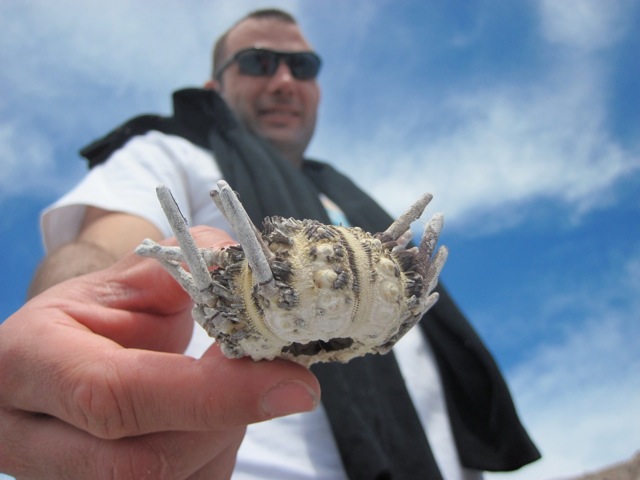
NSF Grant to study small-scale fisheries
September 23, 2020
A huge congratulations to Co-lab members, Mateja Nenadovic and Xavier Basurto for being awarded a National Science Foundation Dynamics of Integrated Socio-Environmental Systems (CNH2) grant to identify and evaluate adaptive responses to social and environmental change that shape the governance and sustainability of small-scale fisheries within Baja California Sur, Mexico.
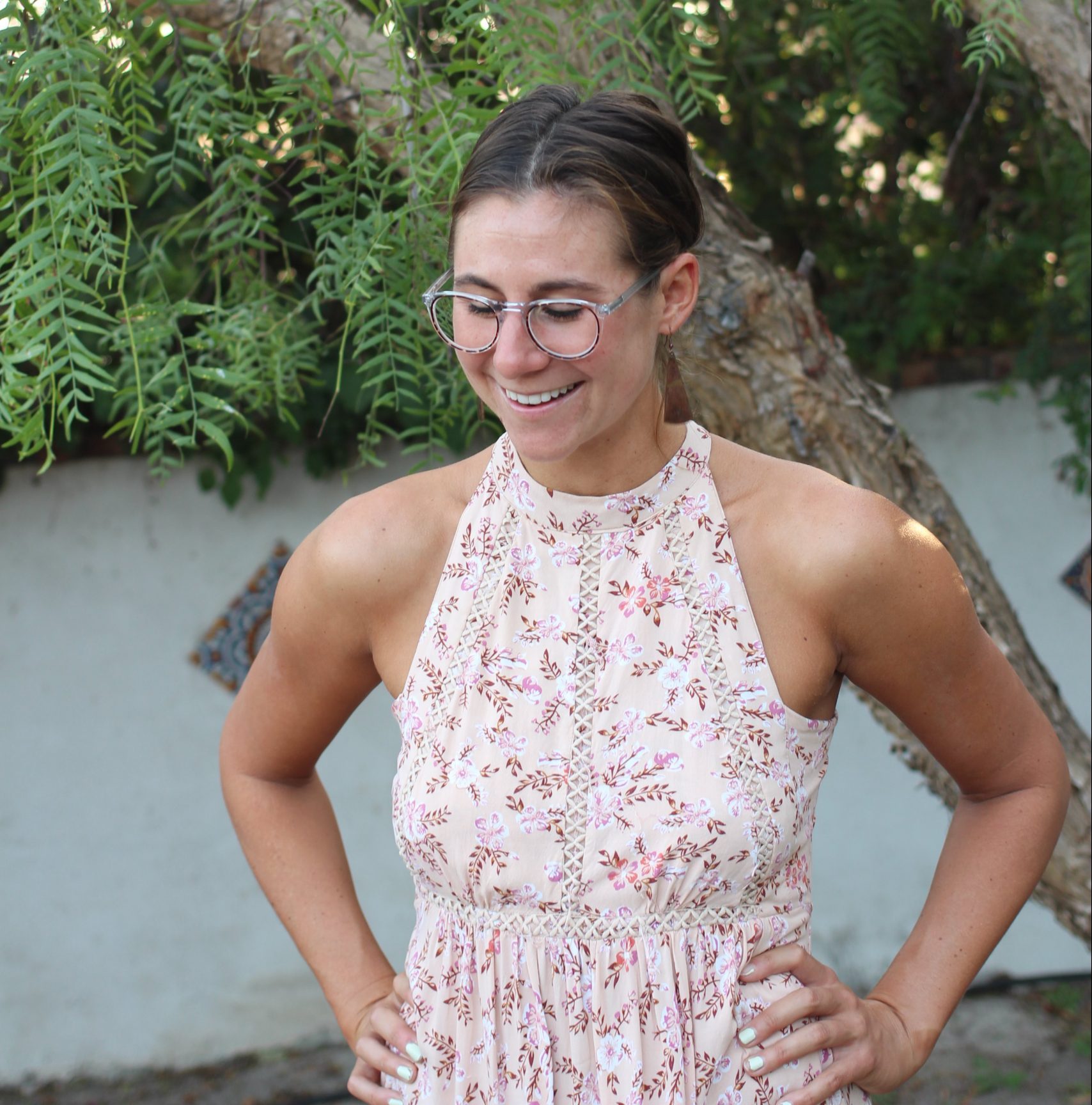
Co-lab PhD Grad Awarded NSF Postdoc Research Fellowship
August 26, 2020
Recent Co-lab PhD graduate, Anastasia Quintana, has been awarded a National Science Foundation Postdoctoral Research Fellowship under the Directorate of Social, Behavioral, and Economic Sciences. Her project examines whether there are different patterns of noncompliance in marine protected areas created by fishers versus those designed by the government. She will complete this 2-year project at UC Santa Barbara under the mentorship of Dr. Steve Gaines.
Congratulations, Tasha!
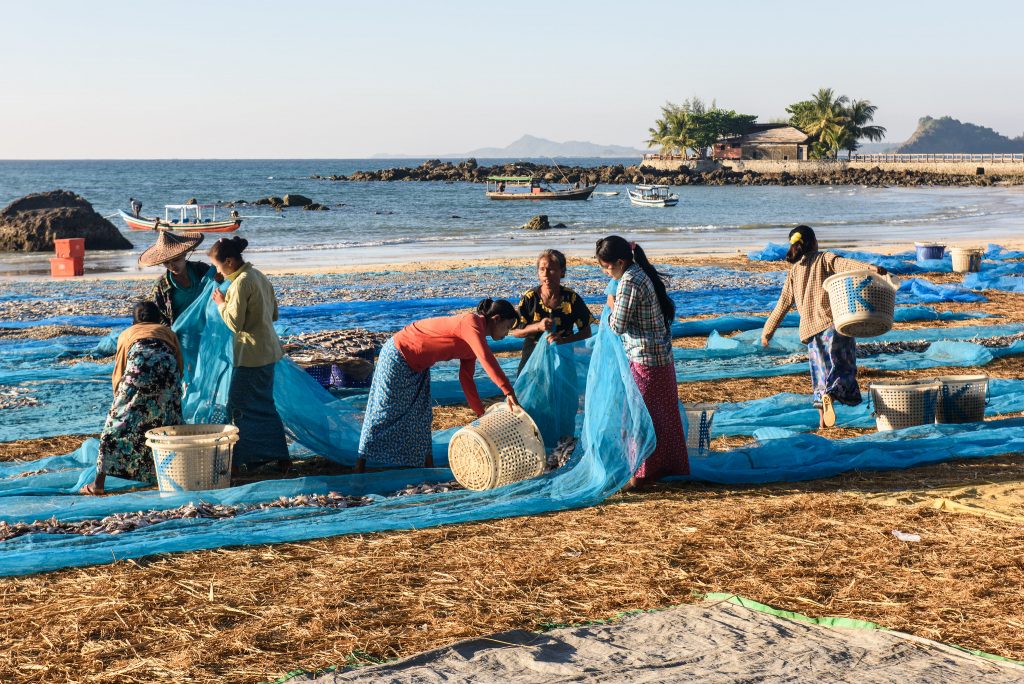
Illuminating Hidden Harvests study in the spotlight at COFI virtual dialogues
July 30, 2020
A total of 676 participants tuned into the live webinar on July 17 to learn more about the Illuminating Hidden Harvests (IHH) project as part of the COFI34 Virtual Dialogues. If you missed it, you can watch it here.
To learn more about the preliminary results of IHH and why it is useful click here.
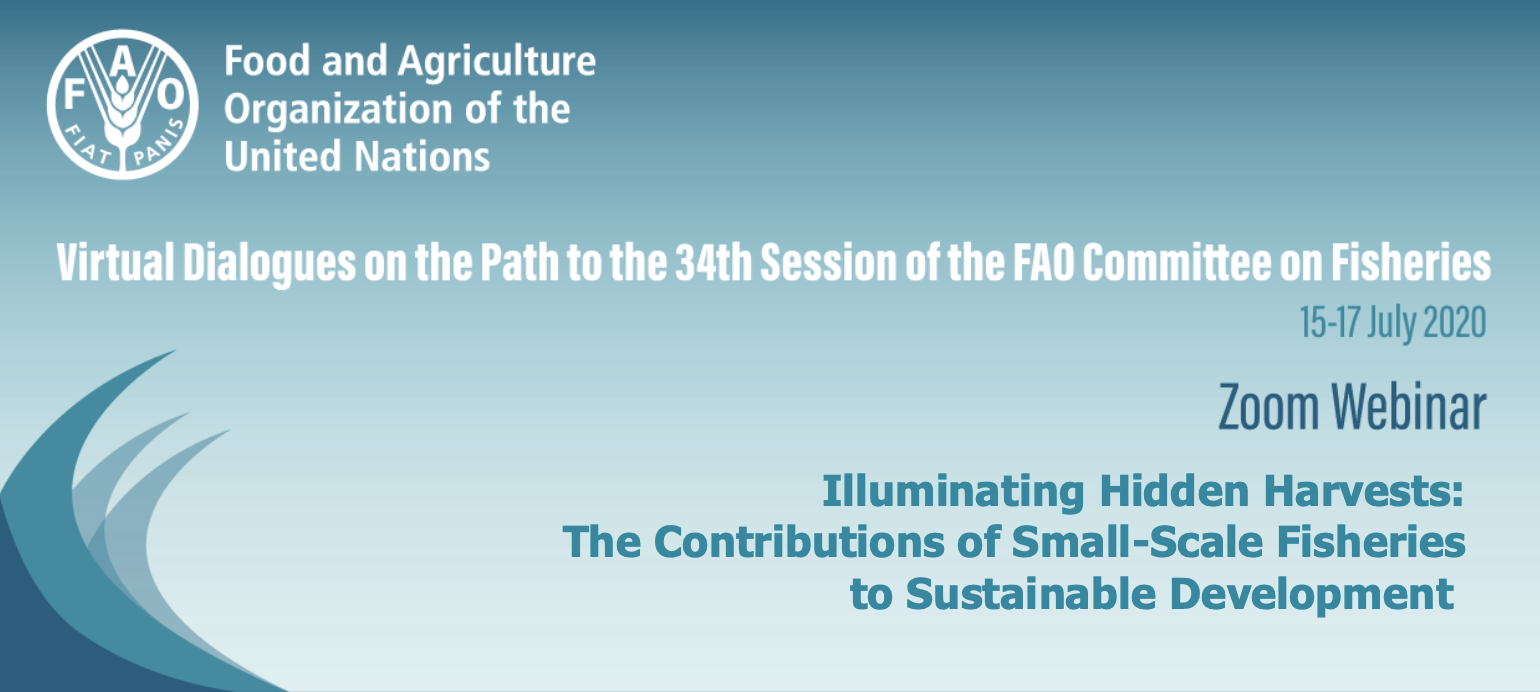
Virtual dialogues- Fisheries and Aquaculture Governance and Development
July 13, 2020
The Food and Agriculture Organization of the United Nations will host a series of virtual dialogues examining Fisheries and Aquaculture Governance and Development from 15-17 July 2020. The Illuminating Hidden Harvests team is hosting a 90-minute webinar on 17 July as part of this.
Join the FREE webinar at 13:00-14:30 CET to hear about progress and results so far. Register now: https://bit.ly/2OcaQCM
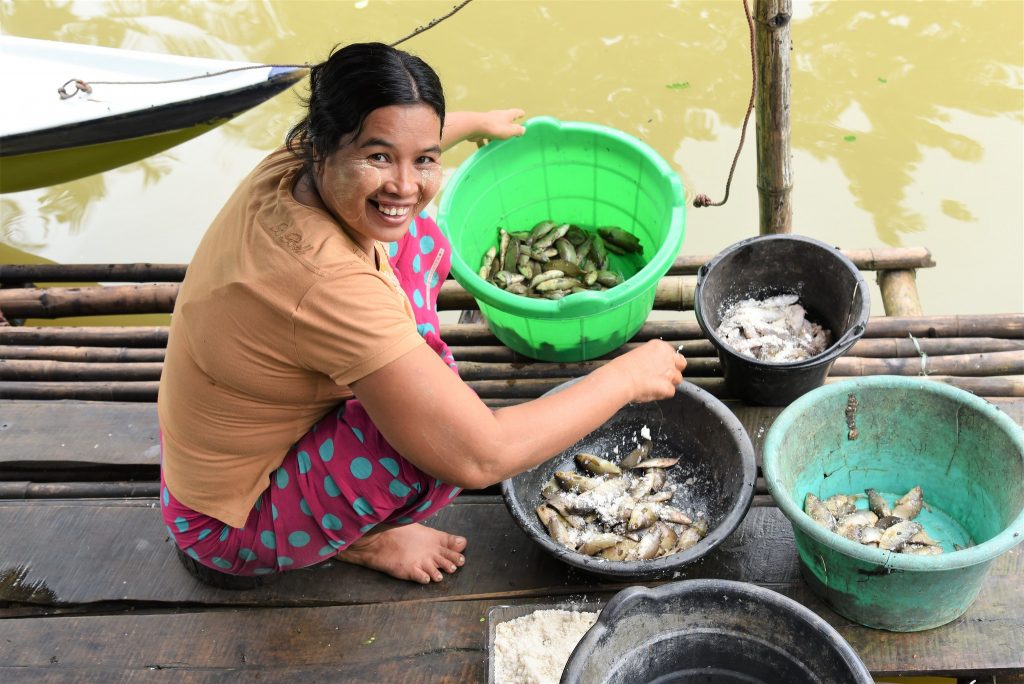
Gender included from the ‘get go’ in global small-scale fisheries study
June 2, 2020
Gender experts from across the globe have sought out scarce sets of sex-disaggregated data for the Illuminating Hidden Harvests initiative, ensuring that both women’s and men’s contributions to small-scale fisheries are seen. Read WorldFish’s post about the importance of including gender experts in global small-scale fisheries projects here .
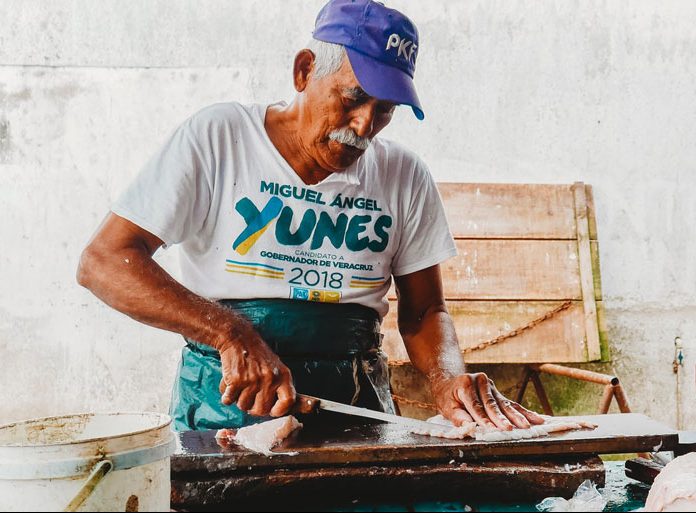
Governing the commons beyond harvesting: An empirical illustration from fishing
May 29, 2020
“Harvesting has received most theoretical, empirical, and policy attention towards understanding common-pool resource dilemmas. Yet, pre-harvesting and post-harvesting activities influence harvesting outcomes as well. Broadening the analytical focus beyond harvesting is needed to imagine new ways of theorizing and governing the commons.” Read here Xavier’s new paper with Abigail Bennet and colleagues from the Stockholm Resilience center, Emilie Lindkvist and Maja Schlüter.
Link to the Stockholm Resilience Centre news article here.
2019
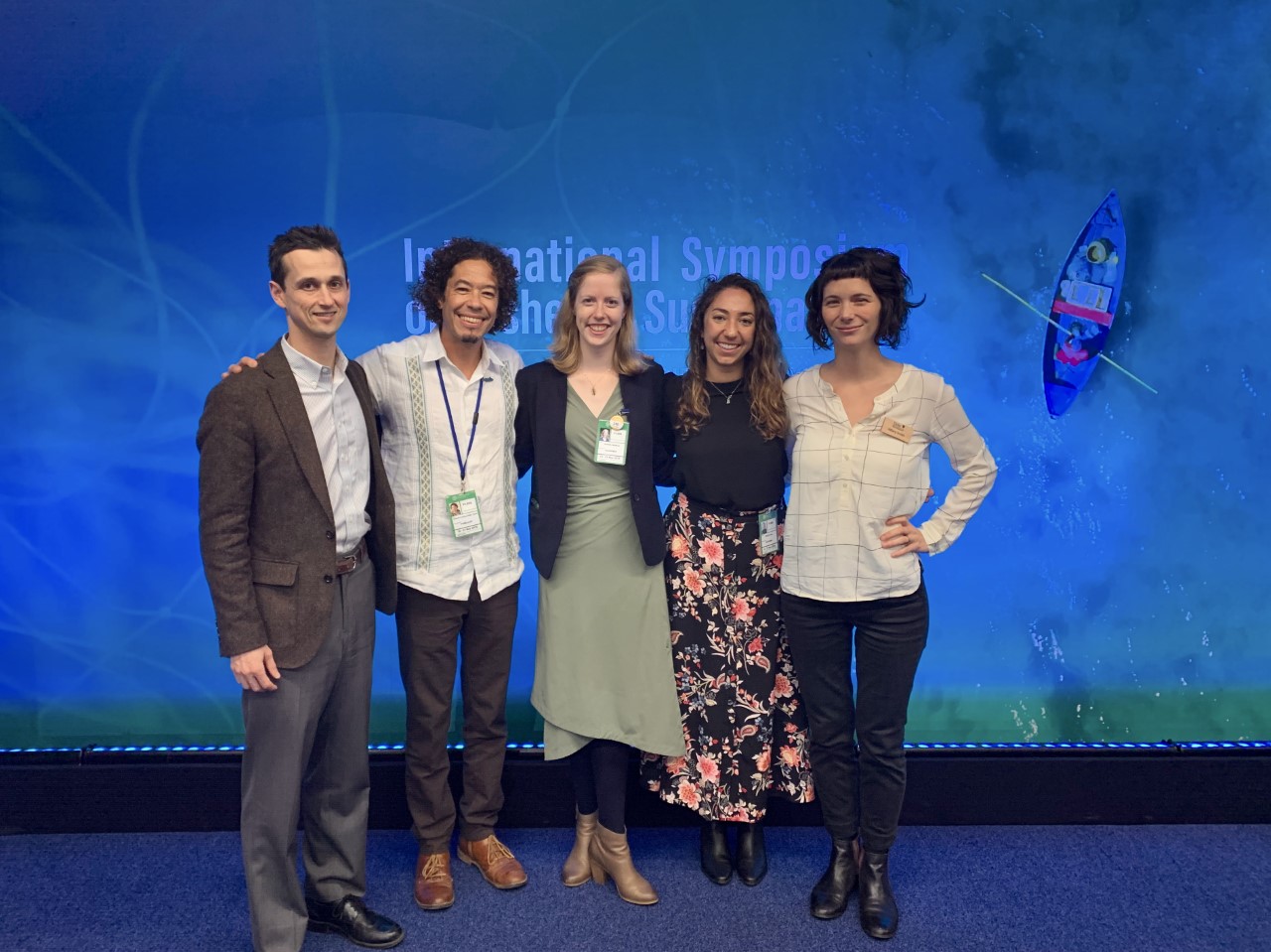
Symposium on Fisheries Sustainability
November 21, 2019
The Coasts and Commons Co-lab was well-represented at the International Symposium on Fisheries Sustainability, which was held Nov. 18-21 in Rome, Italy. Xavier was part of a panel on securing the livelihoods of sustainable fisheries. Also in attendance was PhD student Hillary Smith, as well as Co-lab alumni Josh Stoll MEM’10 and Ben Siegelman MEM’19. You can watch Xavier’s panel here and more pictures here.
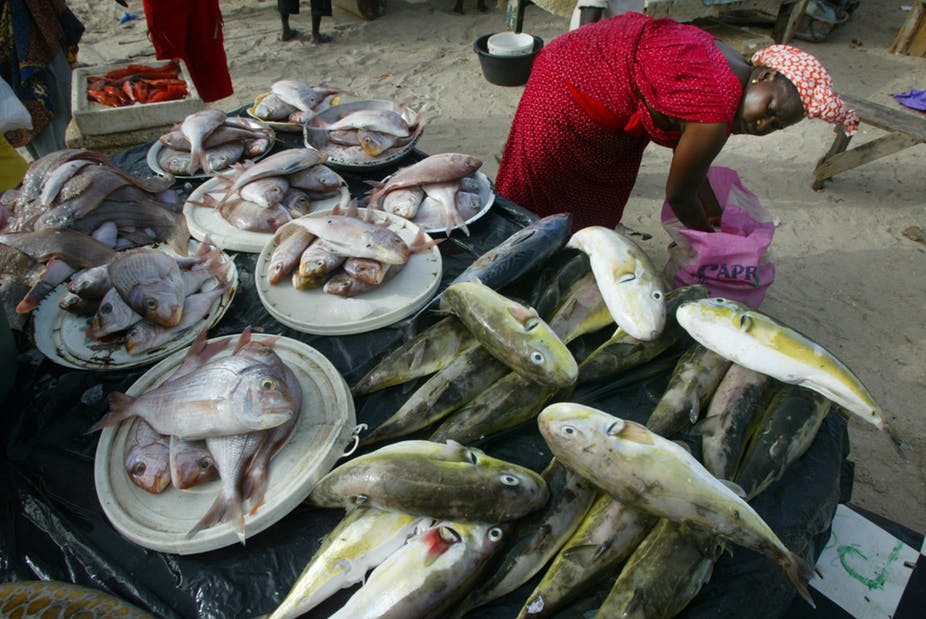
Local communities play outsized but overlooked role in global fisheries
October 21, 2019
Read Xavier and John Virdin’s new article in The Conversation and the World Economic Forum web stories about the role of small-scale fisheries around the world.
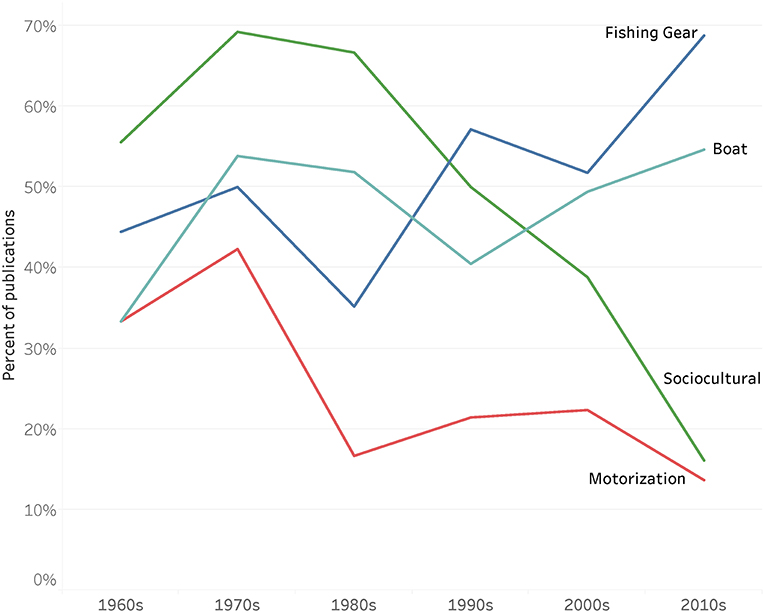
Defining Small-Scale Fisheries and Examining the Role of Science in Shaping Perceptions of Who and What Counts: A Systematic Review
July 8, 2019
How to define SSF has long been debated, yet few studies empirically examine the question of the definition directly. In their new paper in Frontiers in Marine Science, Hillary and Xavier systematically analyzed how SSF were defined in the peer-reviewed scientific literature from the last 55 years. Read the article here.
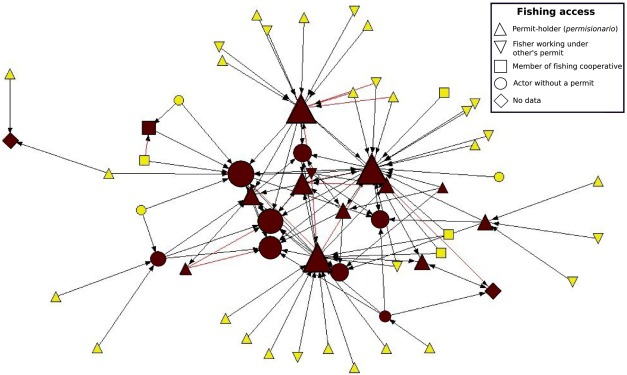
Small-scale fish buyers’ trade networks reveal diverse actor types and differential adaptive capacities
June 21, 2019
Read here a new article coauthored by Xavier and Mateja published in Ecological Economics. The paper represents an attempt to better understand how local social-economic-ecological structures and conditions mediate between fishing activities and diverse market demands of fish products arising further away in supply chains.
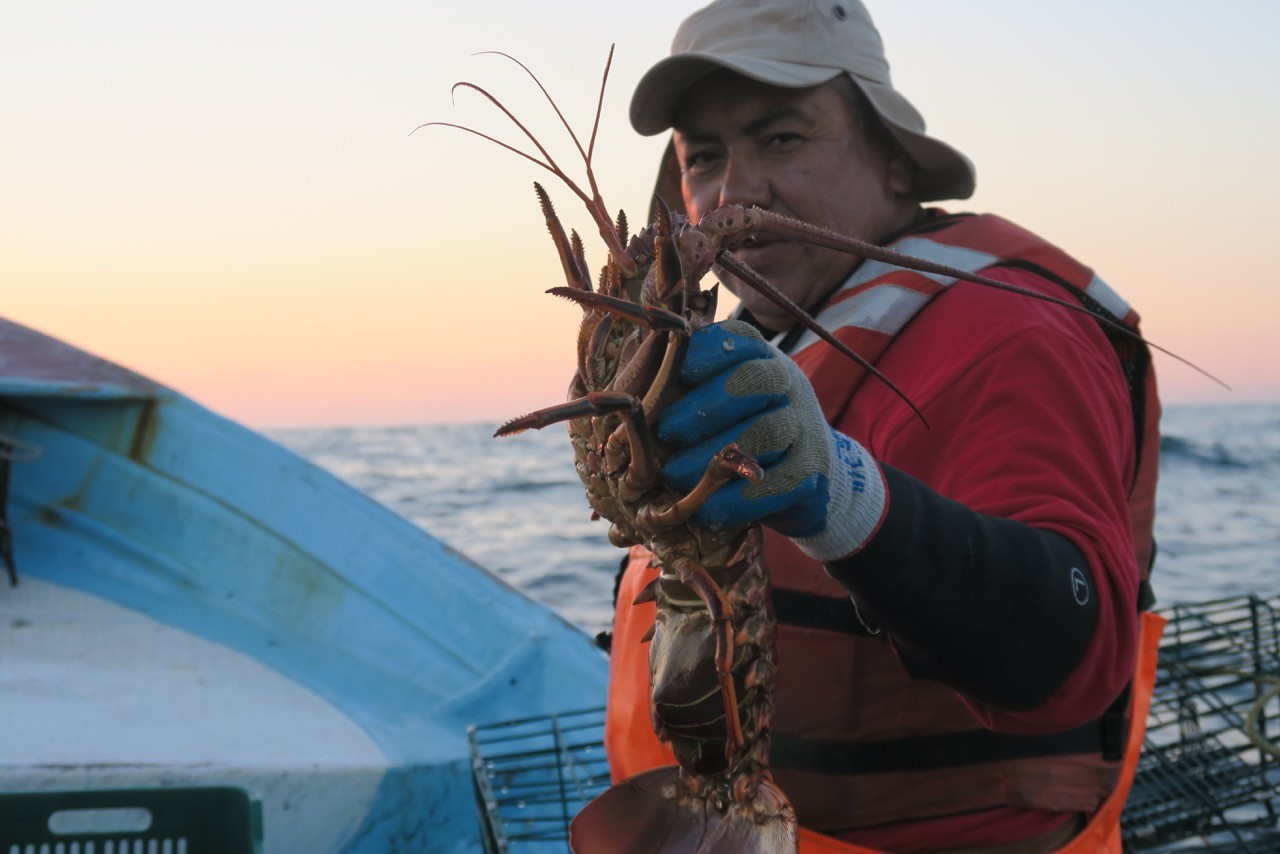
Collaboration strengthens Mexican fisheries
April 10, 2019
Why do some fishing cooperatives co-manage better than others? Small-scale fishers work with researchers in a new initiative that has the potential to transform the entire fishing sector in Mexico.
Read the Re.Think article that features the work of the National Diagnostic of Fishery Organizations here.
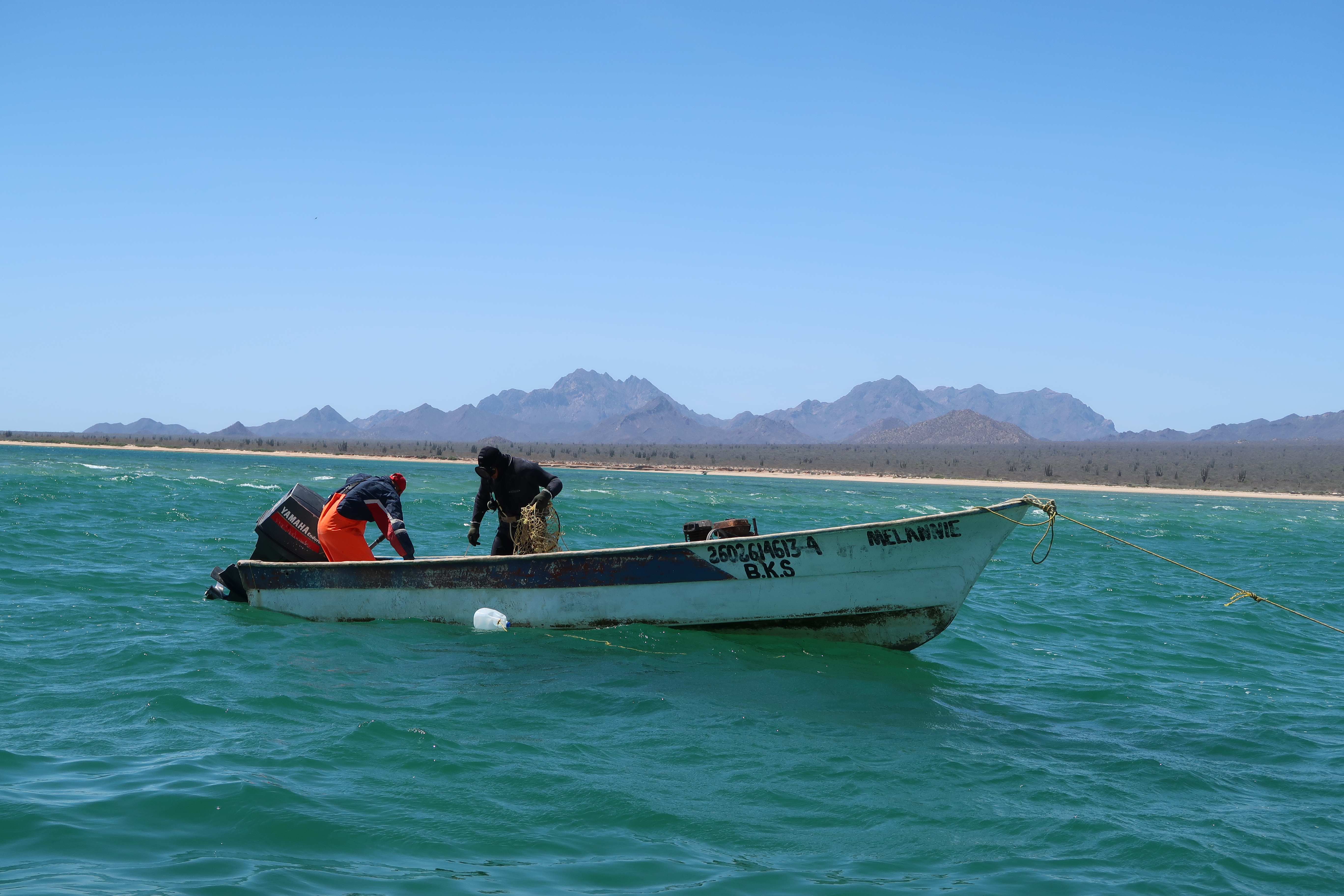
Global Study on Small-Scale Fisheries to Provide Vital Knowledge, Recognizes U.N. Food Report
March 15, 2019
The Illuminating Hidden Harvests study will provide critical knowledge and information on small-scale fisheries globally, informing the way forward for sustainable development of the sector.
This vital contribution of the study, due out in late 2020, was acknowledged in the United Nations Special Rapporteur on the Right to Food report released on January 25, 2019.
Read the full story published by The Nicholas Institute here.
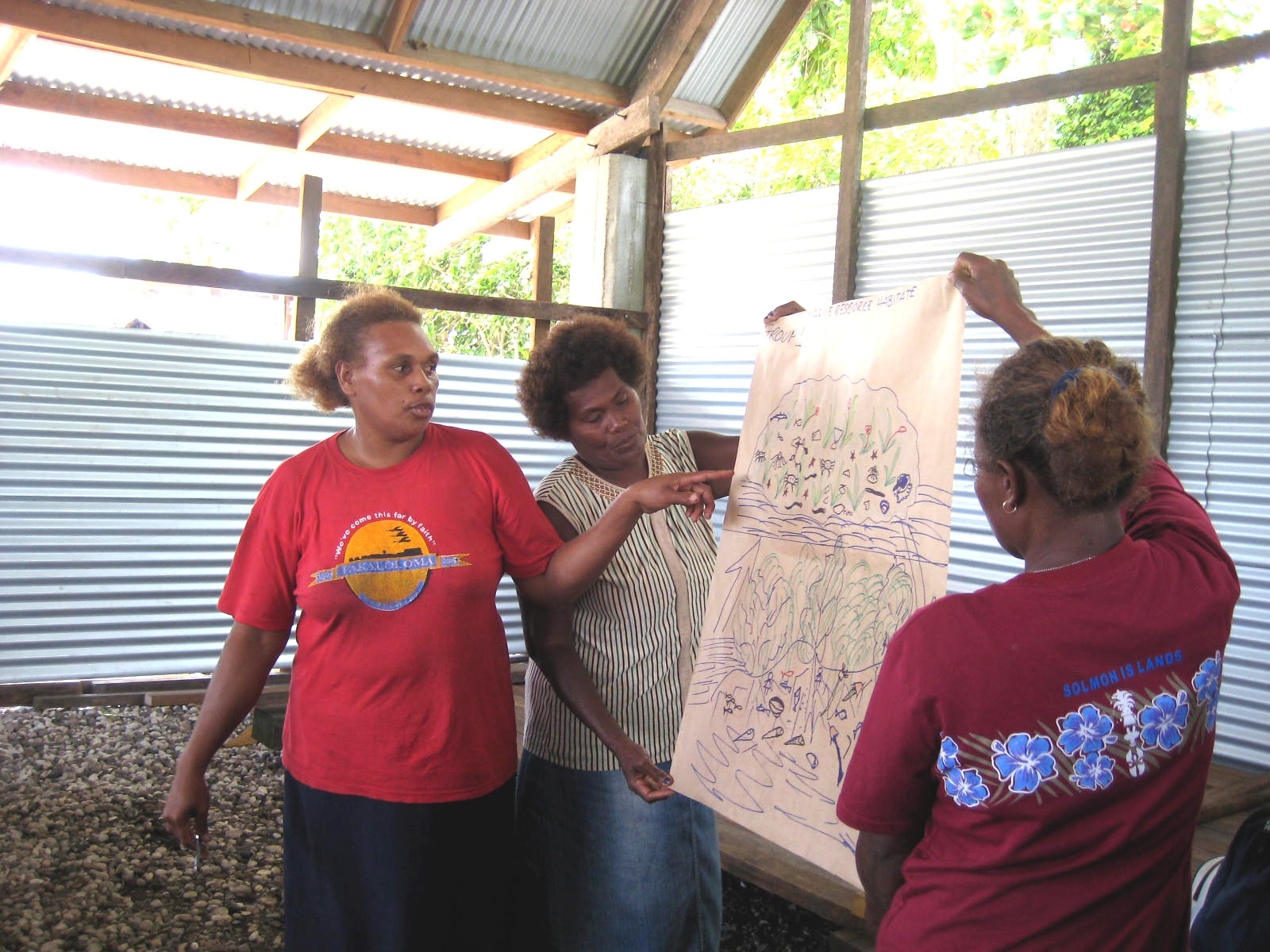
‘Good science’: Using sex-disaggregated data in small-scale fisheries research and policy
March 4, 2019
Globally, relatively few data are available about women’s role in small-scale fisheries, despite their active participation as fishers, processors, traders and marketers.
This calls for greater efforts by researchers, national fisheries agencies and global policymakers to collect and report separately on women’s and men’s contributions to this sector.
Read more about the role of the Illuminating Hidden Harvests project in filling this data gap here.
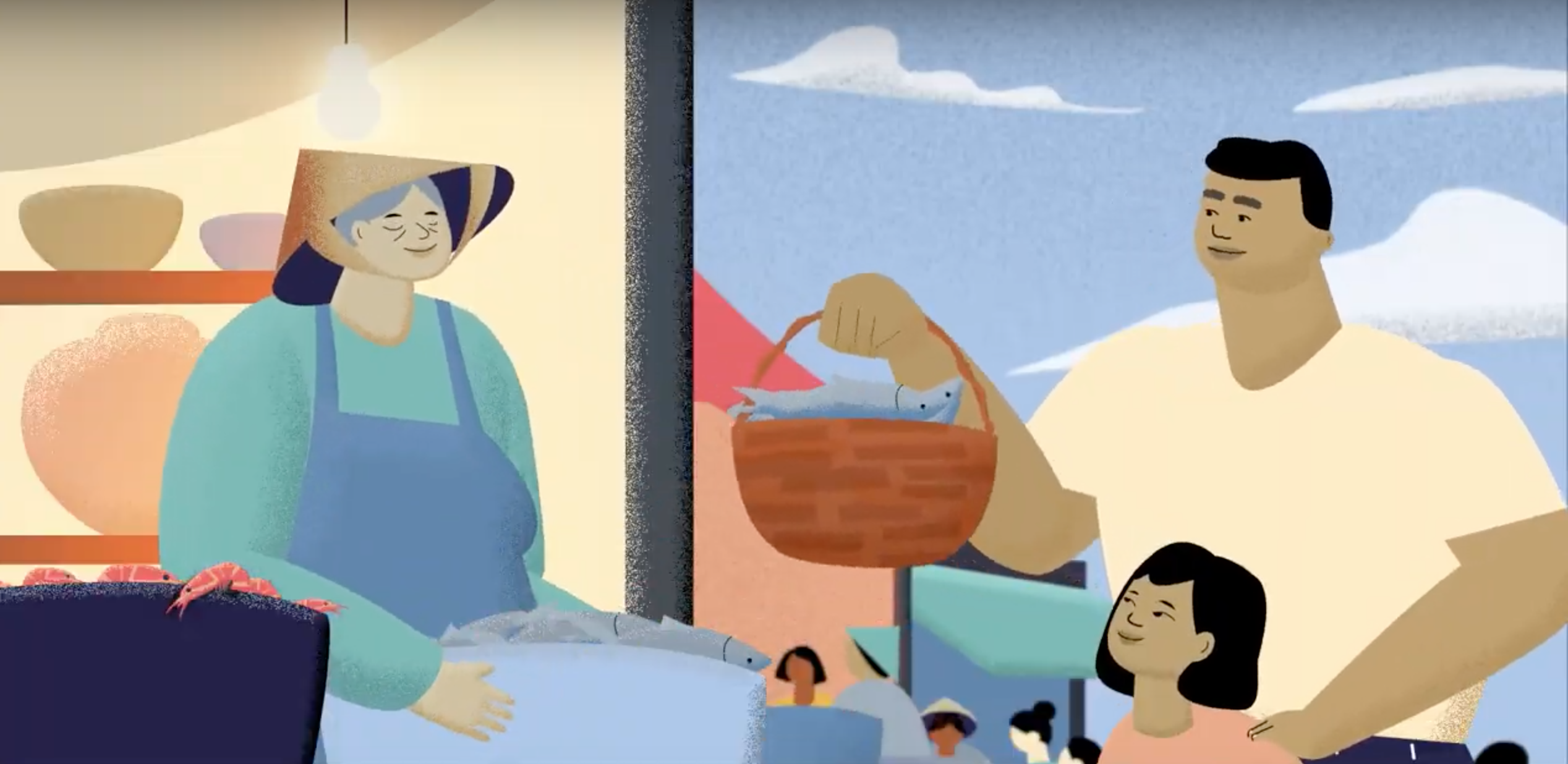
No hidden catch: why small-scale fisheries matter
February 14, 2019
A small video published by the International Institute for Environment and Development gives solid arguments as to why small-scale fisheries should be at the center of the conversation for researchers and policy-makers. You can see the video here or in the Videos page of our website.
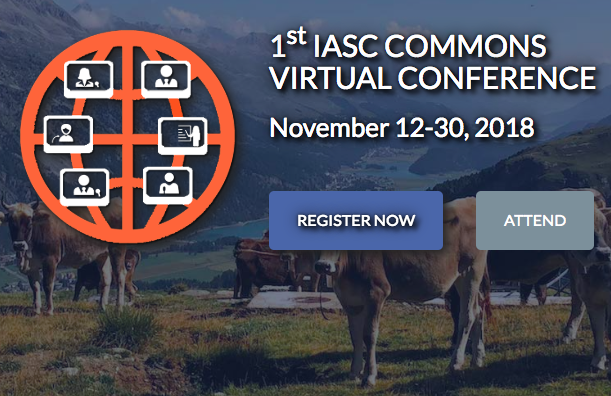
2018
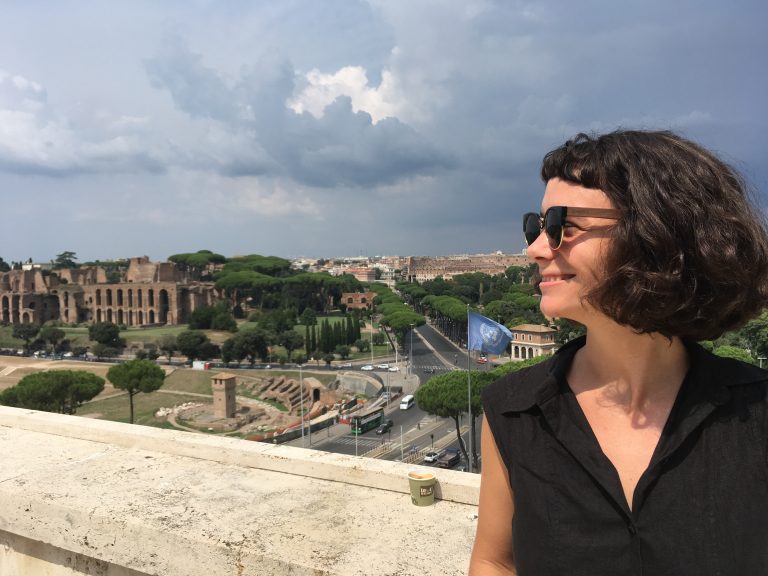
National Geographic Young Explorer
November 21, 2018
Co-lab member Hillary Smith has been awarded the National Geographic Young Explorer award to pursue her project on gender equity and fisheries governance in Tanzania. Her project explores how mapping is used as a tool to re-envision gender in a sector that has long been assumed to be male-dominated and whether non-traditional fisheries data can help reform small-scale fisheries policies to be more inclusive of women’s work and the wider fisheries value chain.
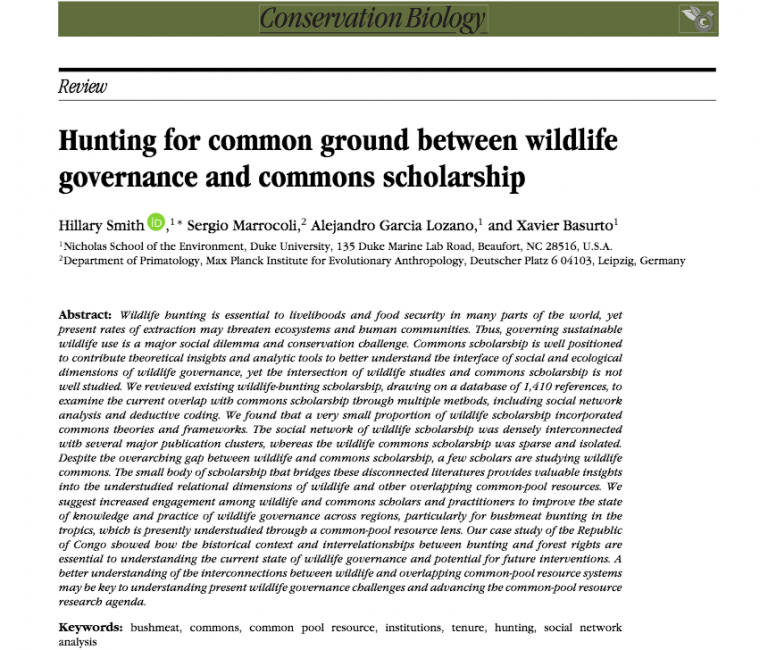
“Hunting for common ground between wildlife governance and commons scholarship”
November 1, 2018
Hillary Smith, Alejandro Garcia Lozano and Xavier Basurto conducted a systematic review of the literature on wildlife hunting and the overlap with common-pool resources scholarship. Through their social-network analysis of co-author networks and assessment of both quantitative and qualitative article-level attributes, they demonstrated that wildlife hunting and commons scholarship are largely disconnected. Through their qualitative analysis, they argue that increased engagement and collaboration between wildlife scholars and practitioners and commons scholars could generate new insights that could help solve seemingly intractable wildlife governance dilemmas, including the bushmeat crises. Read the article published in Conservation Biology here.
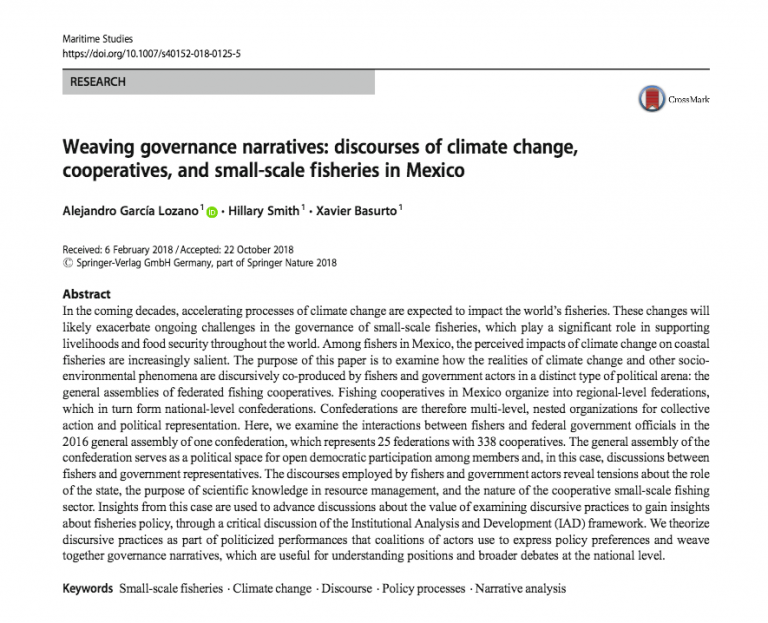
“Weaving governance narratives: discourses of climate change, cooperatives, and small-scale fisheries in Mexico”
October 31, 2018
How do the realities of climate change and other socio-environmental phenomena are discursively co-produced by fishers and government actors? Alejandro, Hillary, and Xavier published a paper in Maritime Studies that explores this question in the context of the general assembly of CONMECOOP (Mexican Confederation of Fishing and Aquaculture Cooperatives) that took place in 2016 in Mexico City. Read it here.
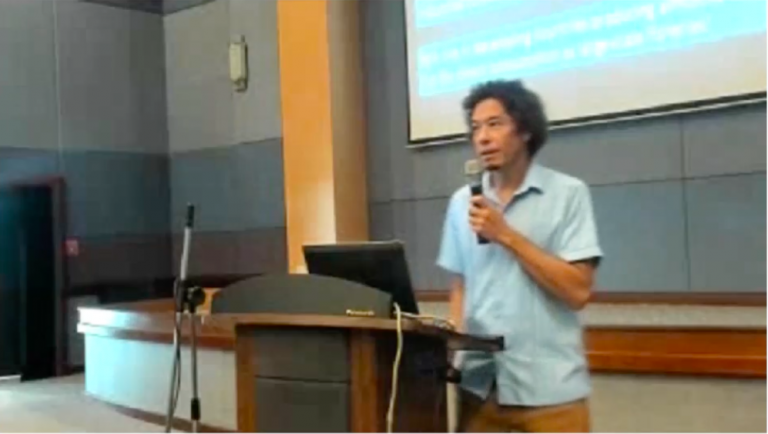
Presentation at WorldFish
October 30, 2018
Watch Xavier present on the project “Illuminating Hidden Harvests: The contribution of small-scale fisheries to sustainable development” at WorldFish’s headquarters in Penang, Malaysia. His talk introduced the process and methodology to develop this new study that seeks to answer the questions (1) What are the social, environmental, economic and governance contributions of small-scale fisheries at global and local scales? and (2) What are the key drivers of change in these sectors, including both threats and opportunities?
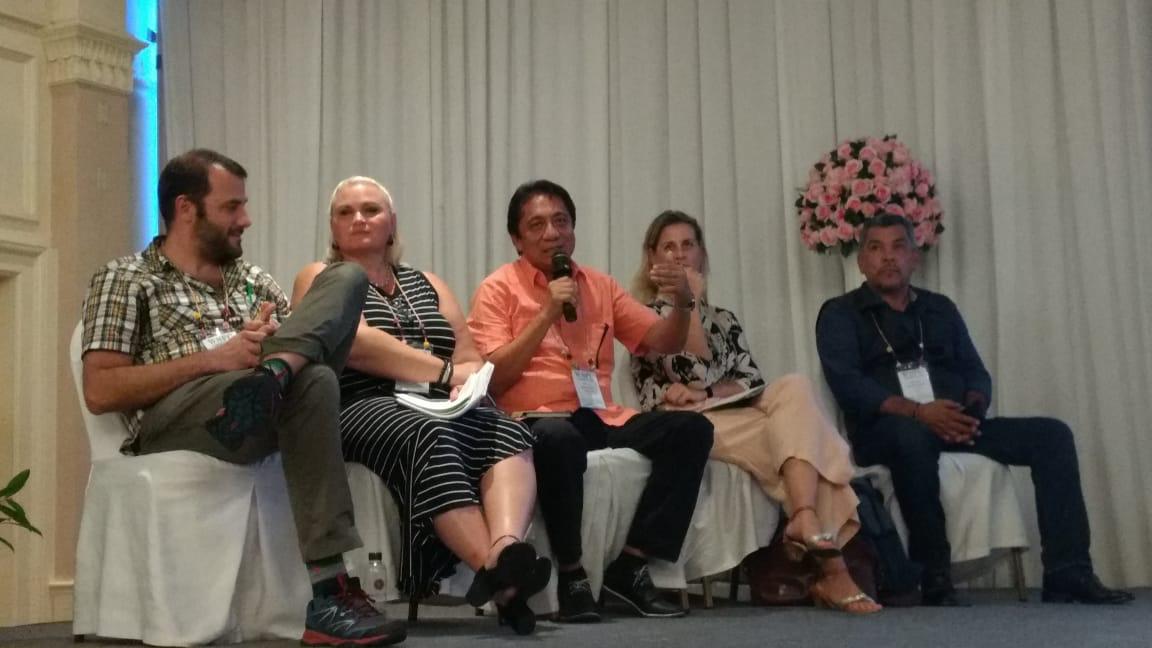
3rd World Small-Scale Fisheries Congress in Chiang Mai
October 24, 2018
Xavier and Mateja from the Coasts and Commons Co-lab, Amy Hudson Weaver from Sociedad de Historia Natural Niparajá, A.C. México, Nicole Franz from FAO, and José Luis Carrillo Galaz and Jesus Camacho from the Mexican Confederation of Fisheries and Aquaculture, presented at the 3rd World Small-Scale Fisheries Congress in Chiang Mai, Thailand. Their presentation, titled “The Importance of Strong Fishing Organizations for Fisheries Sustainability: A global to local perspective”, focused on SSF governance and the relevance of having strong fishing organizations to improve governance, responsible fishing and sustainable outcomes, and highlighted the work and results from the “Diagnostic of Self-Governance Performance of Fishing Organization in Mexico” project.
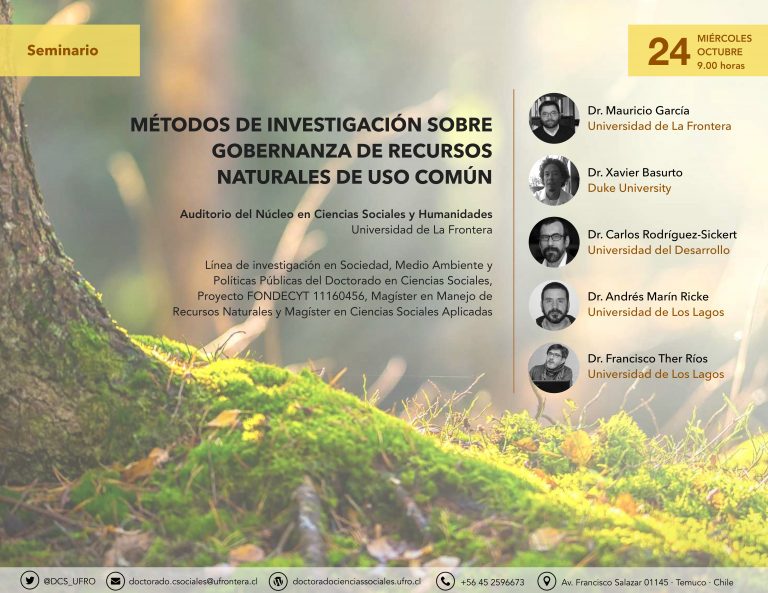
Video Conference for seminar at University of La Frontera, Chile
October 19, 2018
On Wednesday, October 24, the University of La Frontera in Chile will hold the seminar “Métodos de investigación sobre gobernanza de recursos naturales de uso común” (Research methods on governance of common-pool natural resources). One of the main objetives of the seminar will be to gather academics from different institutions to generate a space for dissemination and dialogue about the different research methods in this field. Xavier will present over video the conference “Interdisciplina en el estudio de recursos de uso común y sistemas socioecológicos”(Interdisciplinarity in the study of common-pool resources socio-ecological systems). You can read more about the other speakers and the seminar here.

IASC first Commons Virtual Conference
October 15, 2018
From November 12-30, the IASC will host its first Commons Virtual Conference, where Xavier will present as a keynote speaker. The conference will be available for free for all IASC members. You can register here.
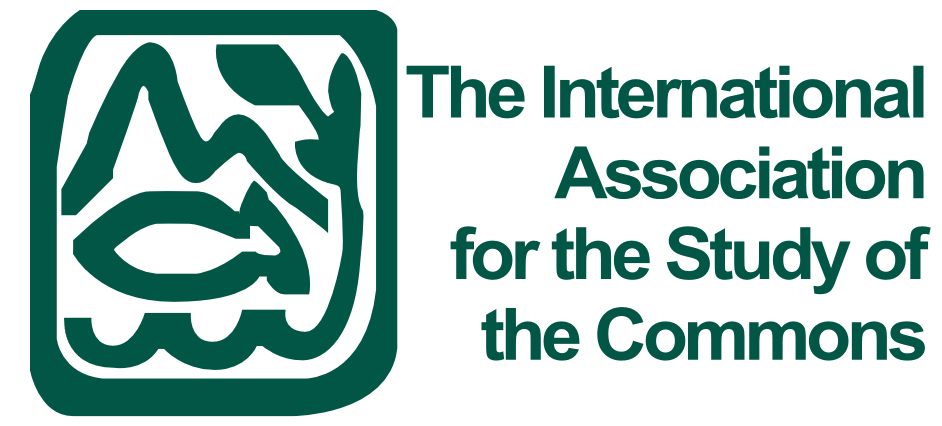
World Commons Week Webinar
October 8, 2018
The year 2018 will mark fifty years since Garrett Hardin published his “Tragedy of the Commons” article in Science. In recognition of the past half-century of commons scholarship, the International Association for the Study of the Commons (IASC) is organizing a global “World Commons Week.” To close this event, on October 12, 2018, IASC is hosting 24 live webinars by prominent commons scholars and practitioners. Make sure to catch Xavier on Friday at 4:00PM ET present Current perspectives on local and global fishing commons research and policy!
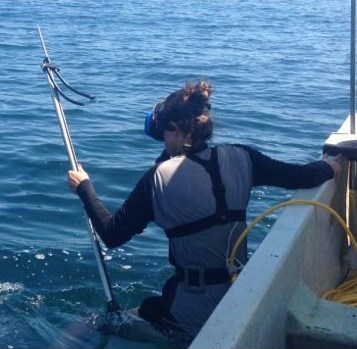
New York Times article highlights the work of co-lab alumna
October 5, 2018
Abigail Bennett, co-lab alumna and now assistant professor at Michigan State University, was cited in the New York Times article How a Seafloor Blob Became Mexico’s ‘Black Gold’. The article highlights Abby and Xavier’s work on the sea cucumber fisheries of Yucatán, Mexico, where “[sea cucumbers] went from being just a worm on the seafloor that these divers totally ignored to being something that they called ‘black gold’.” Read the NYT article here.
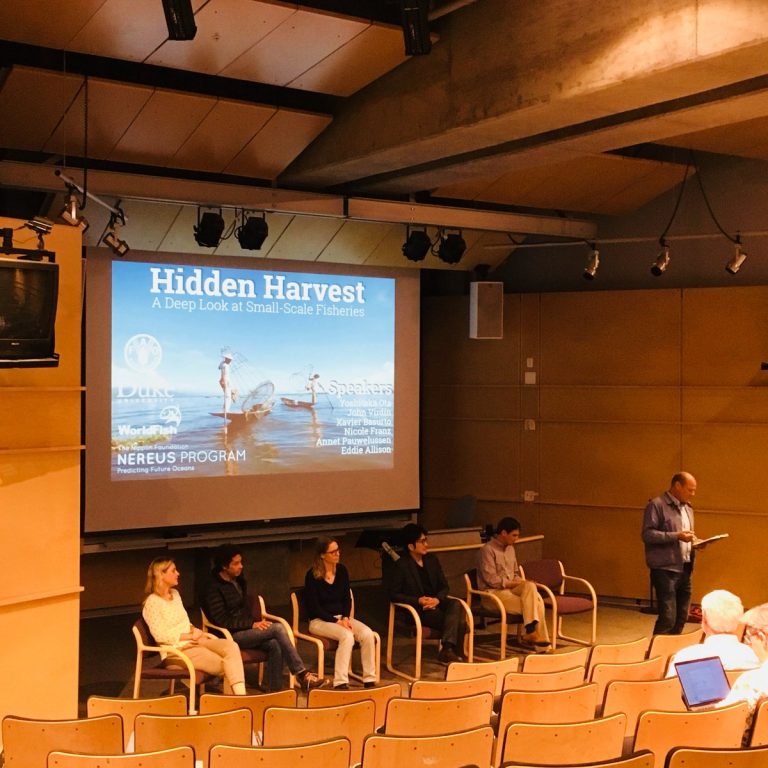
Small-scale fisheries on DukeToday Headlines
September 25, 2018
The article The Role of Small-Scale Fisheries in Feeding the World was featured as a headline article on DukeToday. It highlights the efforts being carried out by the Nicholas Institute and the Marine Lab at the Nicholas School of the Environment, the United Nations Food and Agriculture Organization (FAO) and WorldFish to illuminate the hidden contributions of small-scale fisheries to sustainable development. Learn more about the project Iluminating Hidden Harvests: The Contribution of Small-Scale Fisheries to Sustainable Development here.
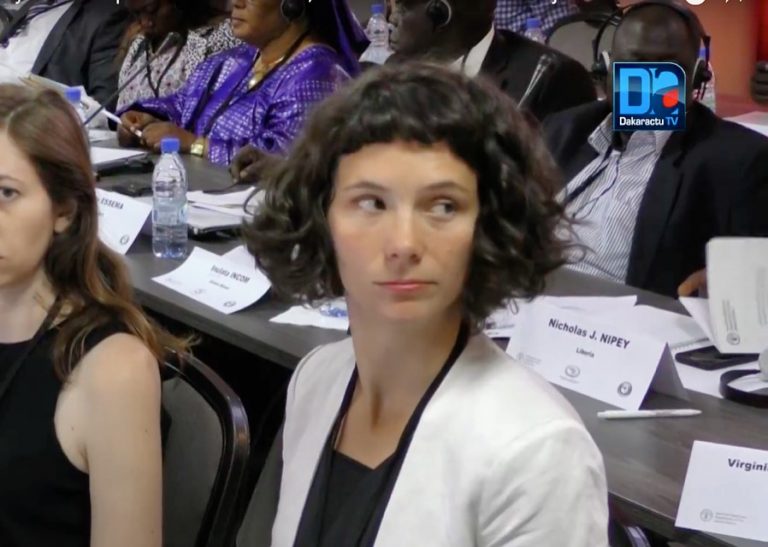
On Senegalese TV
July 23, 2018
Catch Hillary on Senegalese TV during her participation as a FAO fellow in a FAO Regional Consultation Meeting (19 countries, 70 participants) recently conducted in Senegal.
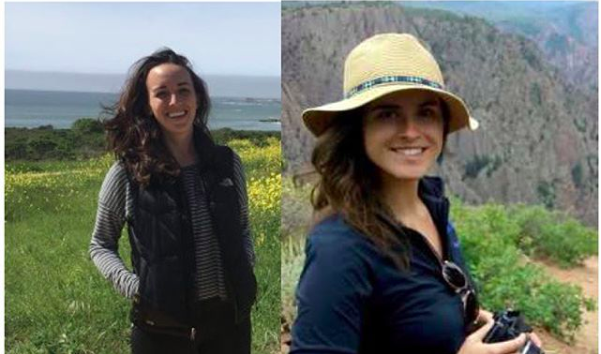
Alumnae Jill Hamilton and Chrissy Hayes tapped for Knauss Fellowship Program
July 16, 2018
Jill Hamilton and Chrissy Hayes, both co-lab alumnae, have been named finalists for John A. Knauss Marine Policy Fellowships. The Knauss Fellowship program places recent university graduates in federal agencies and offices to work with policymakers and staffers on coastal policy issues of national consequence. Read more about it here.

En la orilla at Duke Marine Lab Open House
July 14, 2018
Our film En la orilla was presented at the Duke Marine Lab Open House on July 14. The film tells the story of a family in Agua Verde, a 256-person town on the eastern coast of the Baja Peninsula in Mexico, and how the father, Gaspar, struggles to catch enough fish and make enough money to pay for the things his family need. Link to the film’s webpage here.
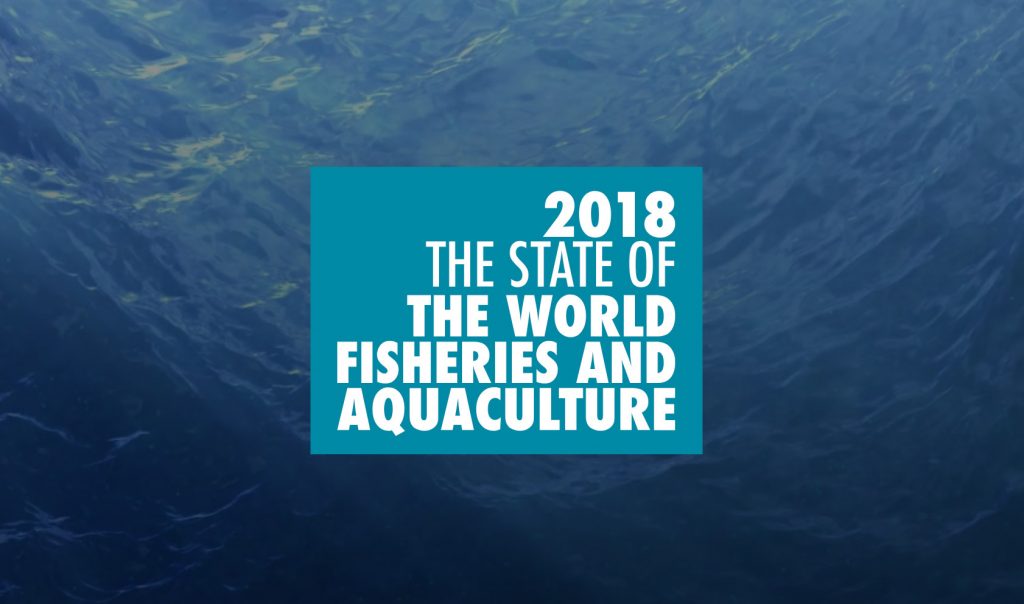
Hidden Harvest 2 in SOFIA 2018
July 9, 2018
The Hidden Harvest 2 (HH2) project is featured in FAO’s latest report on The State of World Fisheries and Aquaculture (SOFIA) 2018. SOFIA is a bi-annual flagship publication that highlights the key role that fisheries play in meeting FAO’s goal of a world without hunger and malnutrition. On page 140 of its newest edition, the authors discuss the significance of HH2 to increase the available information on the socio-economic contributions of small-scale fisheries.
Download the HH2 section here.
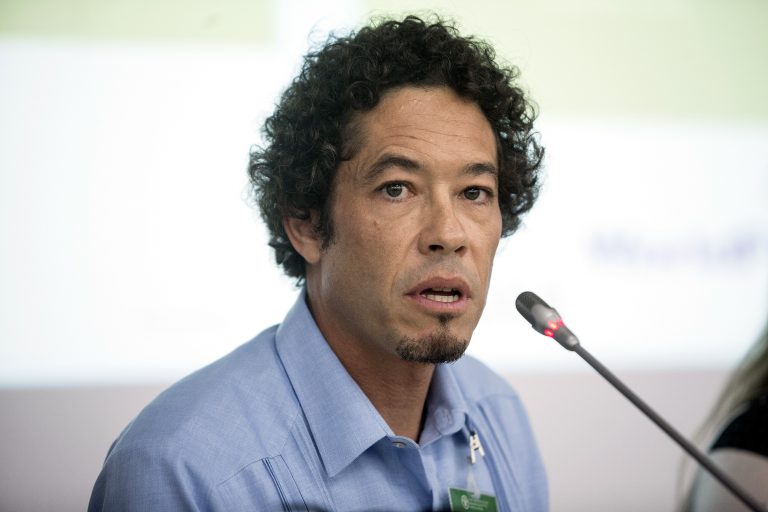
Participation in COFI in Rome
July 9, 2018
Xavier Basurto, John Virdin, and Hillary Smith from Duke University, along with David Mills from WorldFish, participated in the FAO Committee on Fisheries (COFI) side event on the Importance of small-scale fisheries: Global, regional and national initiatives on July 9, 2018 in Rome, Italy.
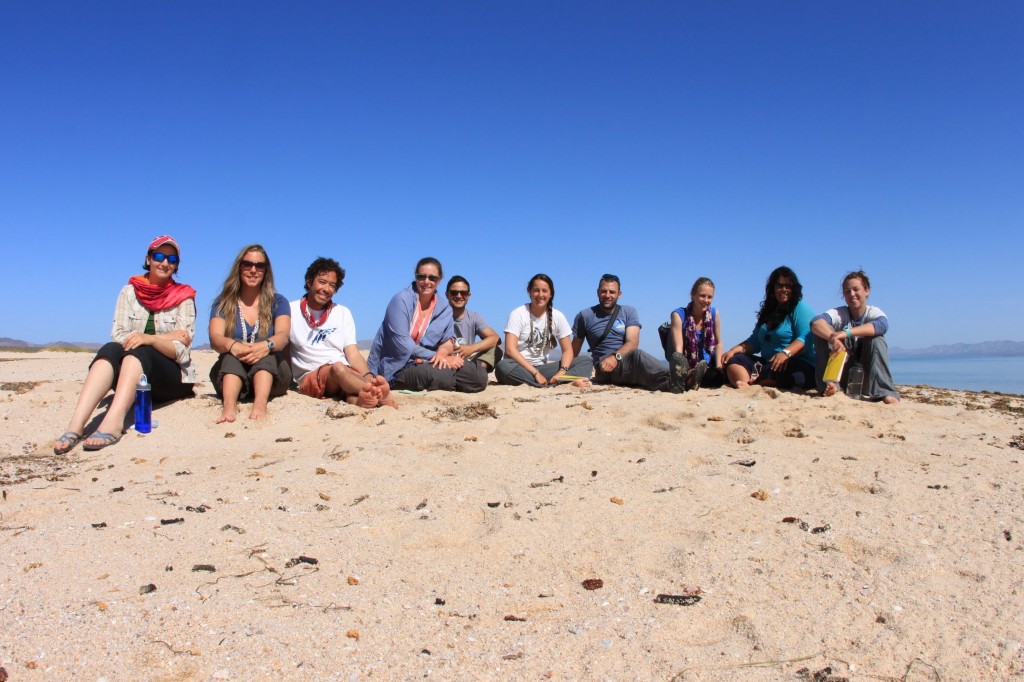
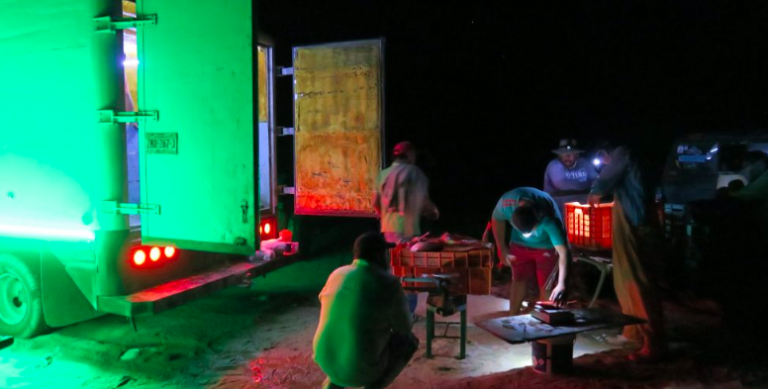
Trading fish in Baja California Sur, Mexico
2018
Read about the project that is part of an international group of interdisciplinary sustainability scholars and practitioners focused on Mexico’s small-scale fisheries called MAREA, committed to understanding the connections among people and nature. More about MAREA here. (Spanish version)
Explore an infographic about the marine supply chain produced as part of this project.
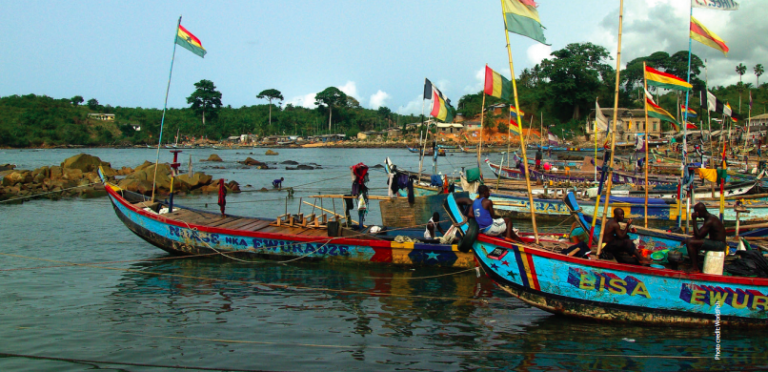
Hidden Harvest Program Brief
May 2018
Learn here about the collaboration between FAO, Duke, and Worldfish to expand our understanding of the global contribution of small-scale fisheries.
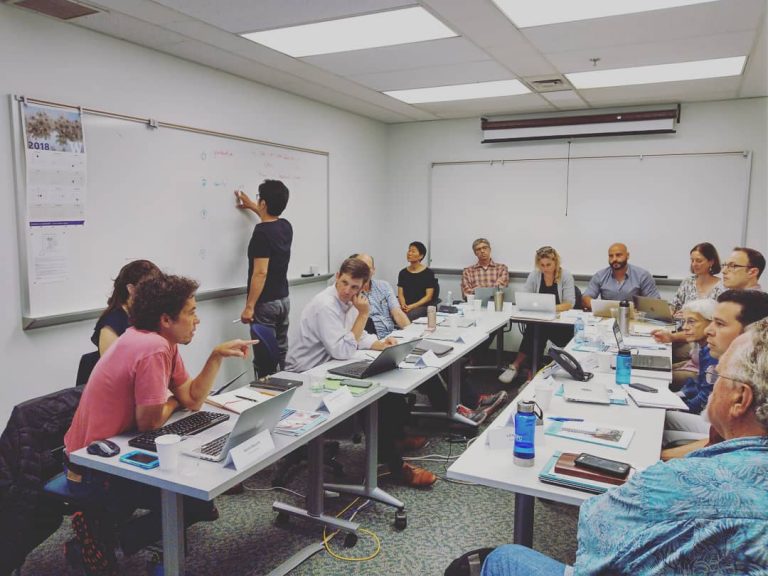
Hidden Harvest Workshop in Seattle
May 2018
Catch Xavier and Mar discussing the methods for Hidden Harvest 2 with experts in various fields and view the panel session, “Hidden Harvest: a Deep look at small-scale fisheries”, LIVE with the Nereus Program, (FAO), and The WorldFish Center at the University of Washington.
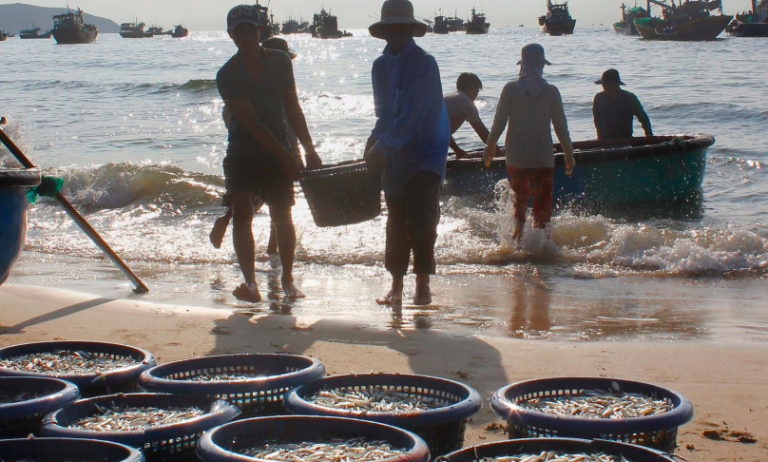
Fish and Nutrition Report released
May 2018
Duke Marine Lab alumni Abigail Bennett, Ph.D. (2016), at the time at Duke University’s World Food Policy Center, now at Michigan State University, led a report on the state of the science on fish and nutrition released on Tuesday. Other authors include Abby’s former advisor, Xavier Basurto, and John Virdin from the Nicholas Institute for Environmental Solutions as well as collaborators from the World Bank and The Environmental Defense Fund. In the context of the recently agreed-on United Nations 2030 Agenda for Sustainable Development, which includes the goal to end hunger, achieve food security, and improve nutrition, this report synthesizes current understanding of capture fisheries’ contributions to food and nutrition security and explores drivers of those contributions.
Read a Q&A with the authors here.
Here, Abby talks about the new report with Kelly Brownell.
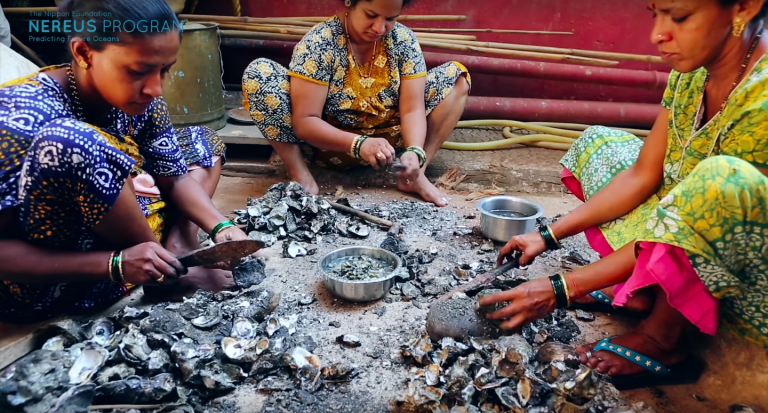
2017
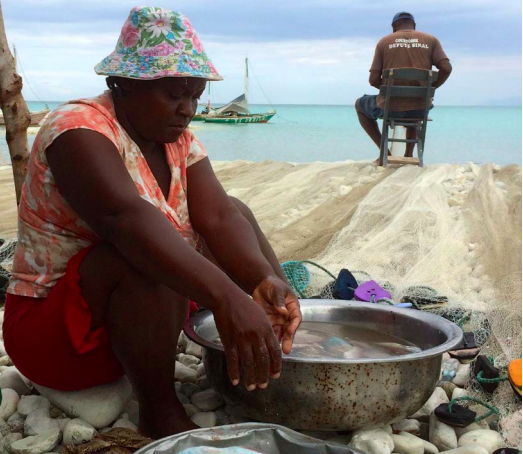
Improving our Knowledge on Small-Scale Fisheries: Data Needs and Methodologies
Read here about the workshop held in Rome to encourage data-sharing on small-scale fisheries, and to aim to make policy- and decision-makers aware of the sector’s importance.
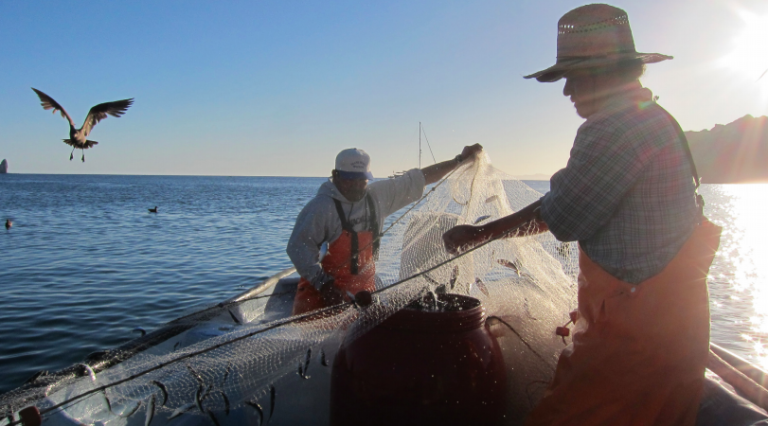
Strengthening Governance of Small-Scale Fisheries
You can find our global report on Strengthening Governance of Small-Scale Fisheries here.
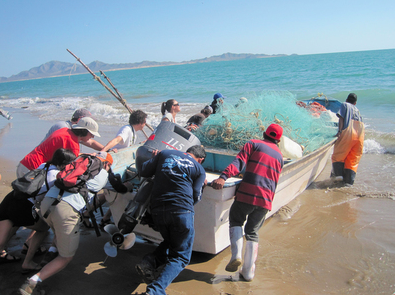
Communication: Post-truth predicaments
How can scientists get through to a public that’s seemingly indifferent to objective facts?
As Donald Trump prepares to take office, how should scientists negotiate this new world order, in which objective facts and evidence can be lost in the noise generated by direct appeals to emotion, sentiment and deeply held personal beliefs? How can they best engage with the public and serve as a voice for science? Nature asked three experts for their views on how to redress the balance. Read about Xavier’s response here.
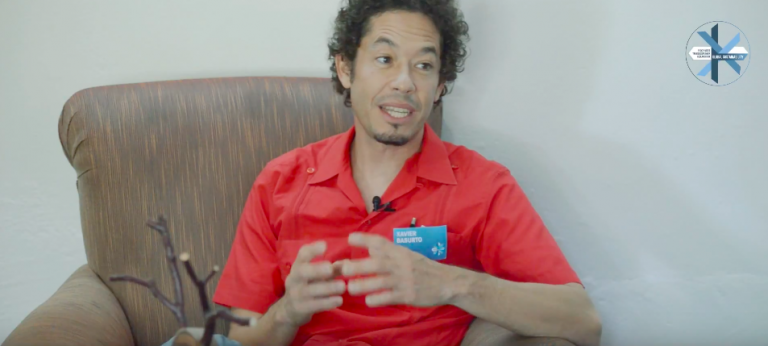
2016
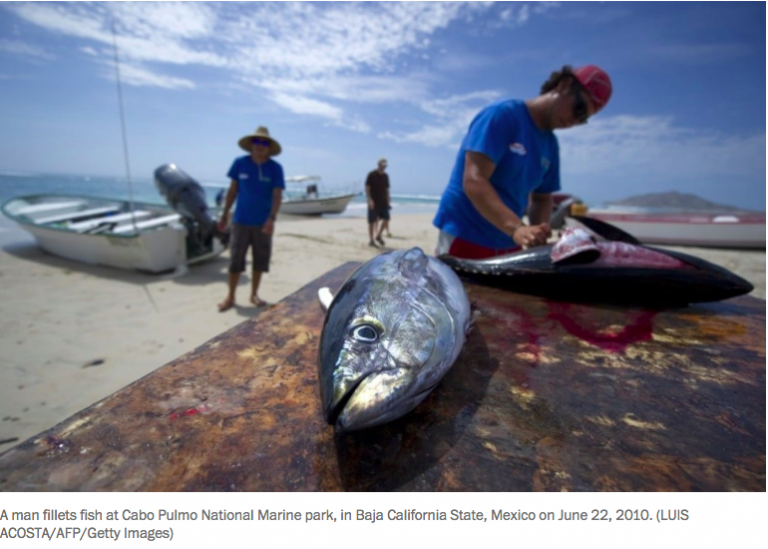
The Washington Post coverage of our study on cooperative resource governance
2015
Community Voices from the Gulf of California
2012
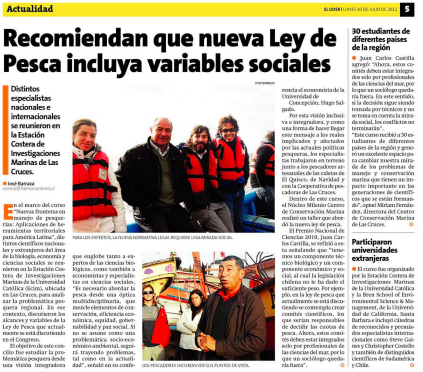
July 30, 2012
El Lider de San Antonio. A regional newspaper in Chile reports: "[Scientists] Recommend that the New Fisheries Law Considers Social Science Variables"2010
FORGET HARDIN: Other Responses to the Tragedy of the Commons
Looking Beyond the Tragedy of the Commons
September 16, 2010, Duke University
"Economists have a term to describe fishermen catching too many fish or loggers cutting down too many trees on public land..."
2009
Basurto's work is reported in the New York Times, Olivia Judson's Blog: The Wild Side
"It is the last evening of the marine ecology course my wife and I teach each year at a field station in Bahía de Los Ángeles, a small fishing village on the Gulf of California. We’ve invited four local fishermen to join us for dinner, and they sit now in plastic chairs on our patio — the guests of honor, with a dozen college kids gathered before them like disciples..."


